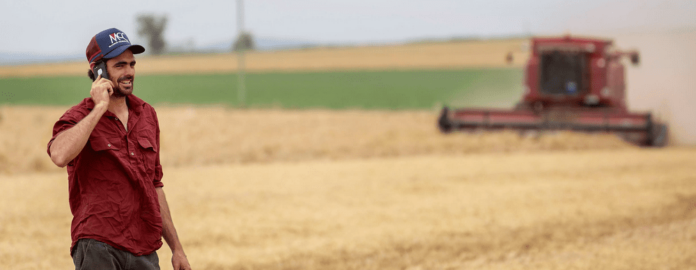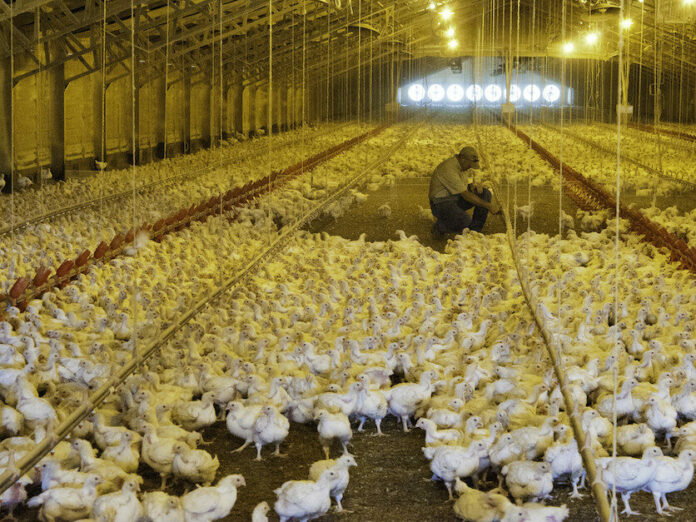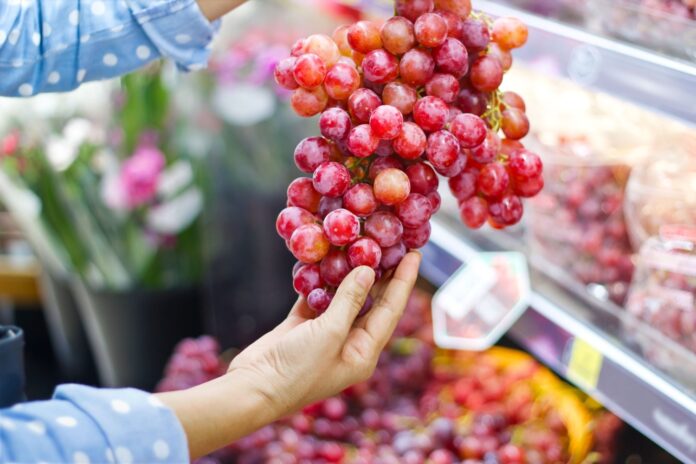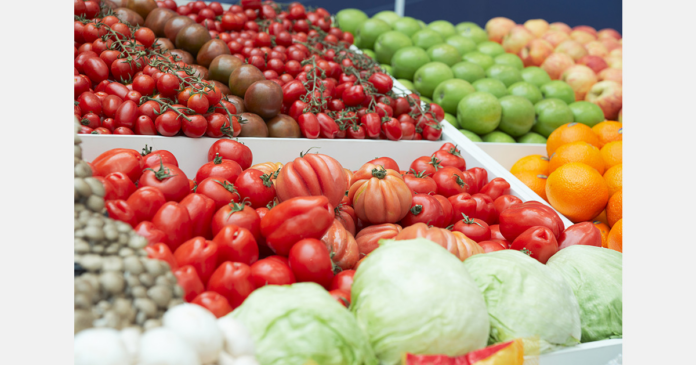The global coffee industry is facing unprecedented challenges due to climate change, and researchers are racing against time to develop new coffee varieties that can withstand the changing climate. In a recent article on the Daily Coffee News website, guest author Jonas Ferraresso explores the intricacies of the Brazilian coffee market and the critical role that Brazil plays in the global coffee trade.
Ferraresso highlights the importance of the two main coffee species, Coffea arabica (arabica) and Coffea canephora (robusta), in the daily lives of billions of people around the world. These two species account for nearly all global coffee consumption, with other coffee species primarily consumed in their regions of origin. The choices made by coffee consumers, such as flavor preferences, stimulation, and affordability, drive coffee production and research efforts on a global scale.
Researchers in Brazil and other coffee-producing countries have been working for over a century to meet the demands of the industry. Their focus has been on innovative cultivation methods and genetic improvement of coffee plants. Genetic improvement involves selecting and developing plants with traits beneficial to the coffee sector, such as improved beverage quality, higher caffeine content, and higher production volume per area.
Developing a new coffee variety can take decades of dedicated research and scientific effort. Popular market-ready varieties like Bourbon, Geisha, Caturra, and Arara are the result of years of scientific and agricultural research. While most of the world’s traded coffee comes from arabica and robusta species, there are at least 128 other coffee species within the Coffea genus that remain largely untapped.
One such species, Coffea stenophylla, has gained attention for its high-quality flavor and tolerance to heat and drought, traits that are becoming increasingly important in the face of climate change. However, challenges such as susceptibility to coffee leaf rust and lower productivity compared to commercially grown varieties have prevented Coffea stenophylla from becoming a commercial crop.
As climate change continues to disrupt coffee production, the industry faces the challenge of developing new varieties suited to today’s climate challenges. While there are faster and more efficient genetic research methods available, traditional methods such as cross-pollination and selective breeding have historically produced the most reliable results.
The future of coffee research in Brazil and beyond will focus on developing varieties capable of withstanding climate change. The industry’s changing priorities now center on ensuring the survival of coffee in the face of climate change. Without urgent innovation and investment in research, the future of coffee as we know it could be at risk.
In conclusion, the global coffee industry is at a critical juncture, with researchers and farmers working together to develop new coffee varieties that can adapt to the challenges of climate change. The future of coffee production depends on innovative research and investment in sustainable practices to ensure the survival of this beloved beverage. In today’s fast-paced business environment, it is more important than ever for companies to stay ahead of the competition. With constantly evolving technologies and shifting consumer preferences, businesses must adapt quickly in order to succeed. This requires a strategic approach to decision-making and a commitment to staying current with industry trends.
One key factor in achieving business success is the ability to anticipate and respond to changes in the market. This requires a deep understanding of not only your own industry, but also the broader economic landscape and societal trends. By staying informed and continuously monitoring market conditions, businesses can identify new opportunities and potential threats before they arise.
Another critical aspect of business success is effective decision-making. This involves gathering and analyzing data to inform strategic choices, as well as considering the potential risks and rewards of different courses of action. By taking a data-driven approach to decision-making, businesses can minimize uncertainty and increase the likelihood of achieving their goals.
In addition to making informed decisions, businesses must also be able to execute their strategies effectively. This requires strong leadership and a clear vision for the future. By setting clear goals and objectives, businesses can align their resources and efforts towards a common purpose. Effective communication and collaboration are also essential in ensuring that everyone in the organization is working towards the same goals.
One key strategy for staying ahead of the competition is innovation. By continuously developing new products, services, and processes, businesses can differentiate themselves from their competitors and attract new customers. Innovation requires a culture of creativity and experimentation, as well as a willingness to take risks and learn from failure. By fostering a culture of innovation, businesses can stay ahead of the curve and adapt to changing market conditions.
Another important factor in achieving business success is building strong relationships with customers, suppliers, and other stakeholders. By understanding the needs and preferences of their customers, businesses can tailor their products and services to better meet their expectations. Similarly, by building strong partnerships with suppliers and other business partners, businesses can create a more efficient and resilient supply chain.
In today’s digital age, businesses must also be able to leverage technology to their advantage. By investing in the right tools and systems, businesses can streamline their operations, improve efficiency, and better serve their customers. From data analytics and artificial intelligence to e-commerce and social media, technology offers a wide range of opportunities for businesses to innovate and grow.
Finally, achieving business success requires a commitment to continuous learning and improvement. By staying open to new ideas and feedback, businesses can adapt to changing market conditions and identify new opportunities for growth. This requires a willingness to challenge the status quo and embrace change, as well as a dedication to personal and professional development.
In conclusion, achieving business success in today’s fast-paced environment requires a strategic approach to decision-making, a commitment to innovation, effective execution of strategies, strong relationships with stakeholders, leveraging technology, and a focus on continuous learning and improvement. By following these key principles, businesses can stay ahead of the competition and thrive in the ever-changing business landscape.



















